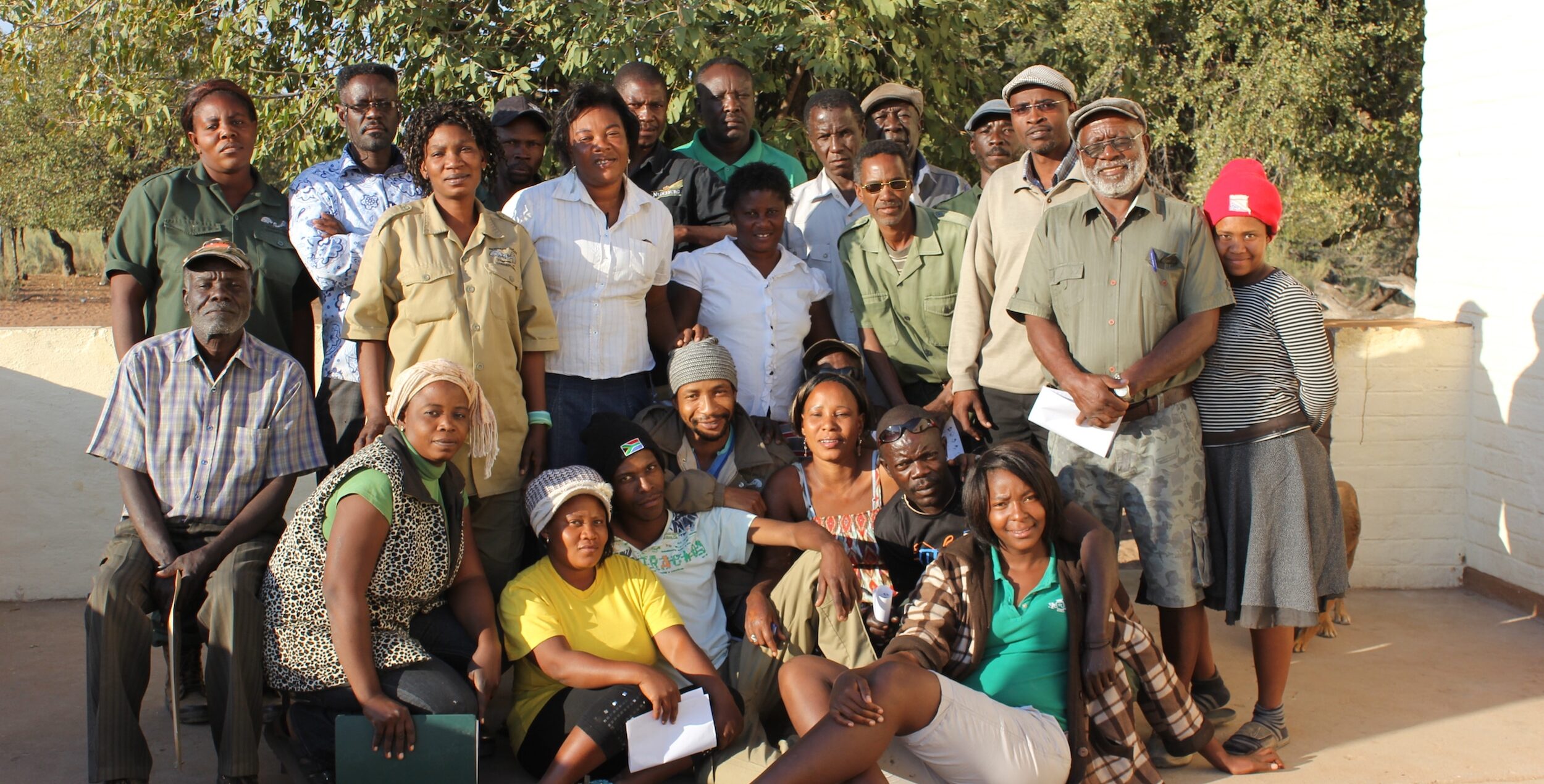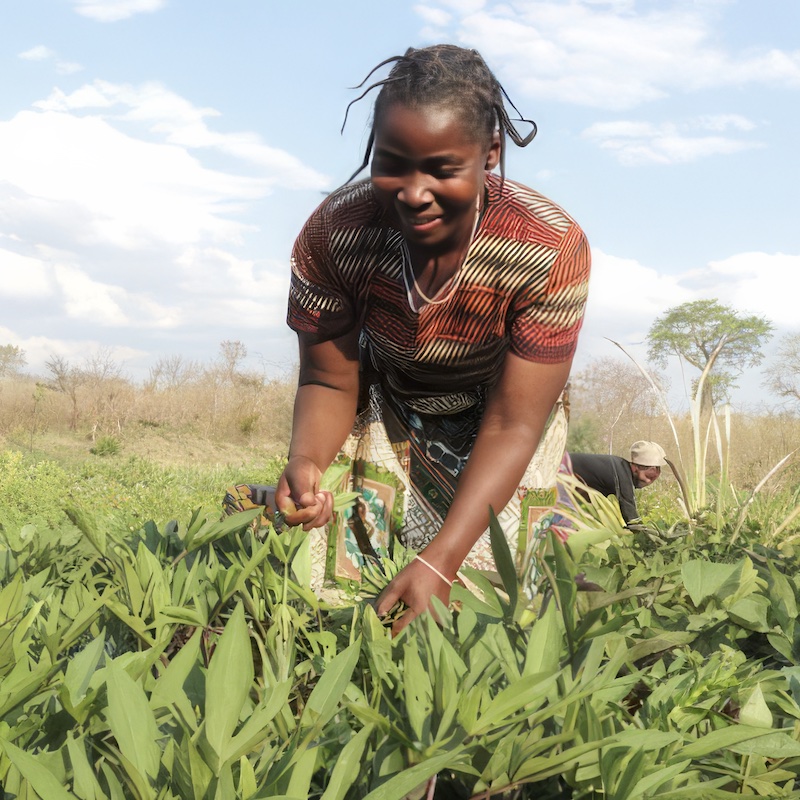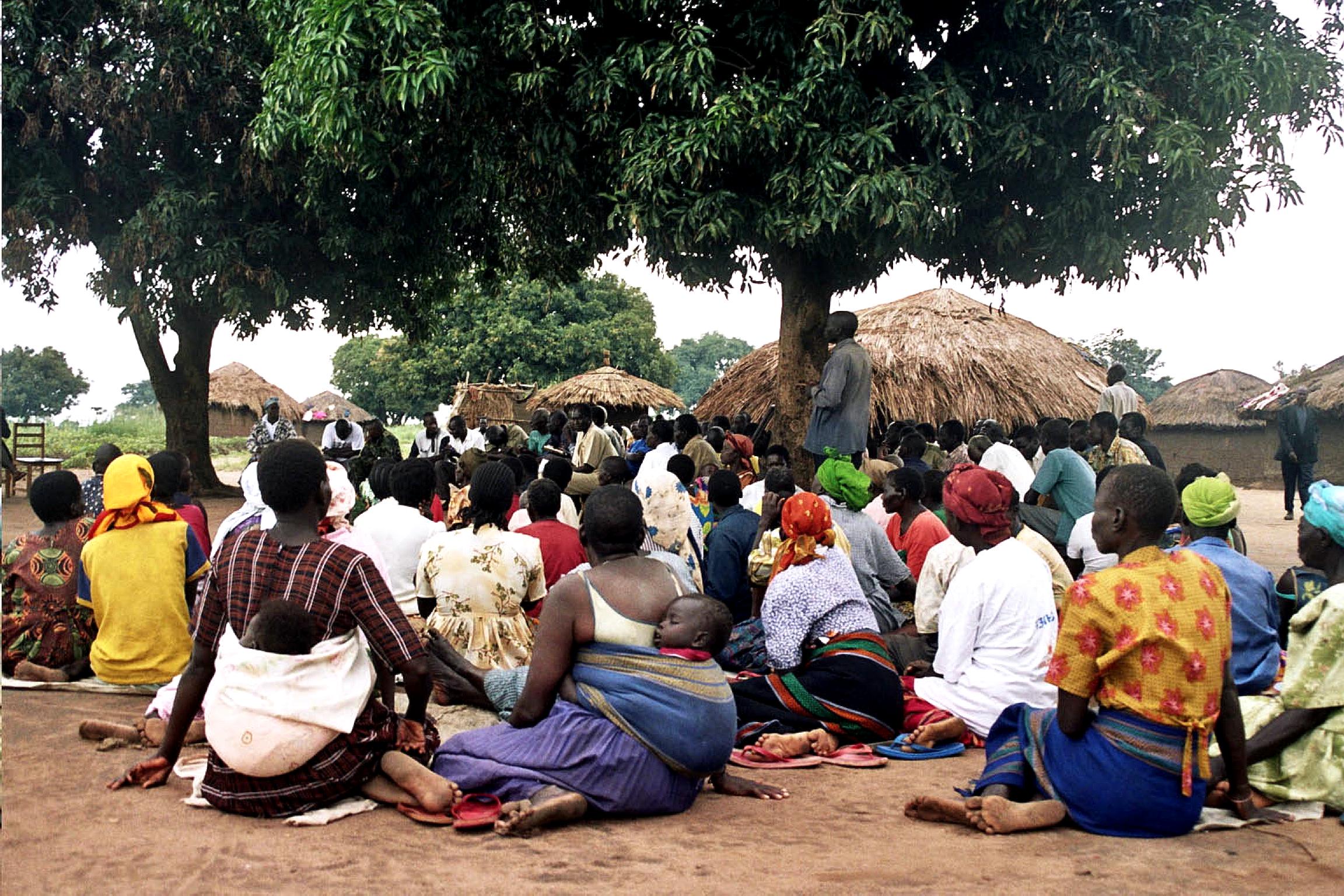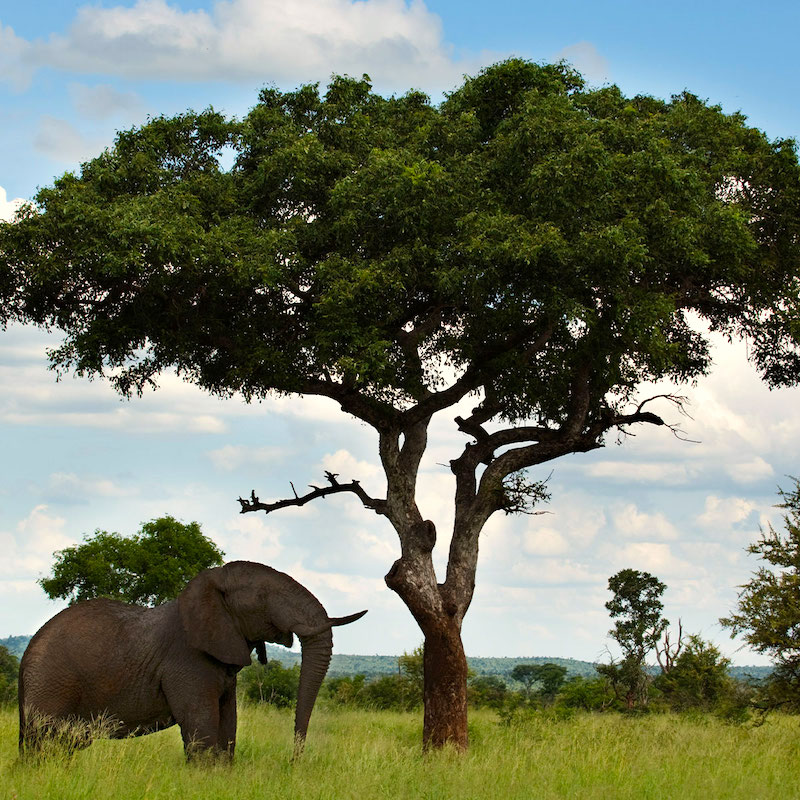
OUR WORK
Expanding Community Conservation
Taking community-based natural resource management to new highs
The community-based natural resource management (CBNRM) approach is nearly 40 years old in some southern African countries, is still in its early phases of development in others, and has yet to be adopted in still others. Consequently, the needs in each country vary from reviewing and revitalising older programmes through to learning from older programmes to establish new ones. We assist the Community Leaders Network (CLN) to facilitate these learning exchanges across the region and introduce new countries to the CBNRM concept with all its challenges, benefits and potential for transformative change.
Our technical assistance is thus based on the needs of each country as it relates to the degree to which CBNRM is established and accepted. Ultimately, we envision local community-based organisations self-organising into national CBNRM Forums, which are then active members of the regional CLN body that is further represented at the continental level by the newly established Alliance for Indigenous Peoples and Local Communities for Conservation in Africa (AICA). This nested approach to representation ensures that representatives speaking at the highest levels (e.g. at international meetings) have support from the grassroots level upwards.
Resource Africa is also a founding member of the African Civil Society Organisations Biodiversity Alliance (ACBA) that provides a support and advocacy network for African conservation organisations at international platforms.
Resource Africa and our partners CLN have been involved in the following institution and network-building events and processes:
- African Protected Areas Congress
- Indigenous Peoples and Local Communities Congress
- Establishment of the Malawi CBNRM Forum
- Establishment of the South Africa CBNRM Network
- Zimbabwe CAMPFIRE conference
Building Local Capacity and Resilience
Towards self-sustaining, knowledgeable and effective community institutions
In southern Africa, hundreds of community-based organisations have varying degrees of rights to manage and use their natural resources, depending on national policies. Each of these institutions needs to monitor their economic sustainability, partnerships with private sector, benefits delivered to their communities, and the status of wildlife and biodiversity in their conserved areas. Without careful monitoring of relevant indicators and adaptive management based on recent results, community-based organisations will remain dependent on donor funding, vulnerable to external shocks and limited in their ability to deliver sustainable development and conservation.
Resource Africa’s approach is to build capacity of community-based organisations and their national and regional networks, while working with government and non-government actors to provide long-term support and partnerships. This sustainable approach is encapsulated in the following projects implemented alongside the Community Leaders Network of Southern Africa:
- Voices of the People funded by Jamma International
- Community Rights and Biodiversity Conservation in Southern Africa and Ghana funded by AFD, the French Development Agency

Amplifying Community Voices
Advocating for community rights to land and resources at all levels of policy and practice

We seek to ensure that African perspectives influence international policy making processes, pursuing a favourable policy environment that ensures communities are prominent partners in decisions affecting their livelihoods. We facilitate African inputs into international, regional and national agreements and information outreach, networking and capacity building.
Our work is supported by national and regional legislation and policy and science based approaches in southern Africa devolving rights over natural resources to local communities. Several Multilateral Environmental Agreements also support the concept of community conservation and the sustainable use of natural resources.
We have closely reviewed relevant legislation at national, regional, continental and international levels to apply them to CBNRM and community rights generally in the following publications and associated outputs:
- Nagoya Protocol Position Paper
- Protection of CBNRM In Southern Africa: A Review of National Constitutions and Relevant Legislation on Food Security, Human Rights and Climate Change
- Celebrating Resolution 489 of the African Commission on Human and Peoples’ Rights
- How Biocultural Rights to Rooibos Opens the Way for Equitable Access and Benefit Sharing in Southern Africa
- Community conservation supported by global report on the sustainable use of wildlife
Creating Awareness of Rights to Resources
Extending knowledge of sustainable use and rights to resources
Sustainable use of wild species of plants and animals is globally recognised as a key aspect of biodiversity conservation, particularly in shared landscapes where people and wildlife coexist. The overarching goal of this concept is to use species and ecosystems at a level that maintains their potential to meet current and future human needs and aspirations and prevents their long-term decline. Sustainable use takes place as part of complex social-ecological and political economic systems, and its long-term viability is affected by environmental, cultural, economic, social, and political dynamics.
Communities that live alongside large and sometimes dangerous wildlife species often bear significant costs in terms of lost livestock, damaged crops and infrastructure, and even human injuries and loss of life. Sustainable use offers a way for these communities to benefit from these wild species while conserving them for future generations. Unfortunately, some aspects of sustainable use are coming under increasing international pressure, particularly in the form of trade bans on animal parts that are obtained through legal hunting on community and private conserved areas. Much of this pressure is created through well-funded misinformation campaigns that influence public opinion in countries that do not host large and dangerous wildlife species.
Resource Africa, CLN and other partners have produced a number of letters, videos, policy briefs and other informative materials to explain the role of sustainable use in conservation, particularly in community conserved areas in Southern Africa:
- Let Africans Decide (video)
- A Campaign to Protect the Rights and Livelihoods of African Communities and their Conservation Programmes from the Impact of Proposed Legislation in the UK and European Union (factsheet and media briefing)
- International Conference for Wildlife Management (webinar)
- UK House of Lords Policy Brief: The Hunting Trophies (Import Prohibition) Bill
- UK House of Commons Policy Brief: The Hunting Trophies (Import Prohibition) Bill
- The European Union’s Action Plan Against Wildlife Trafficking is being Undermined by Populist Anti-hunting Campaigns
